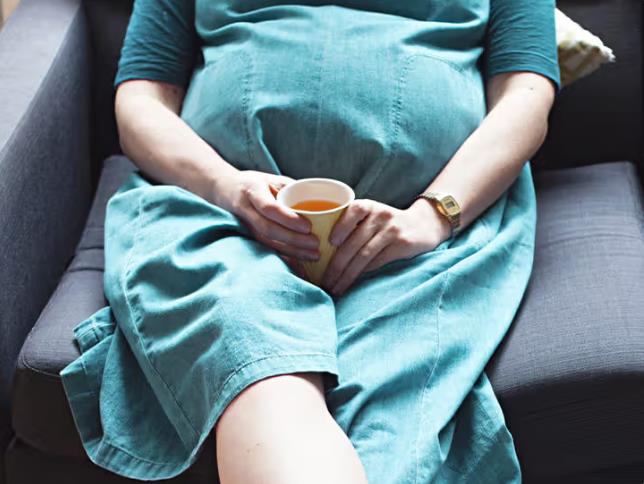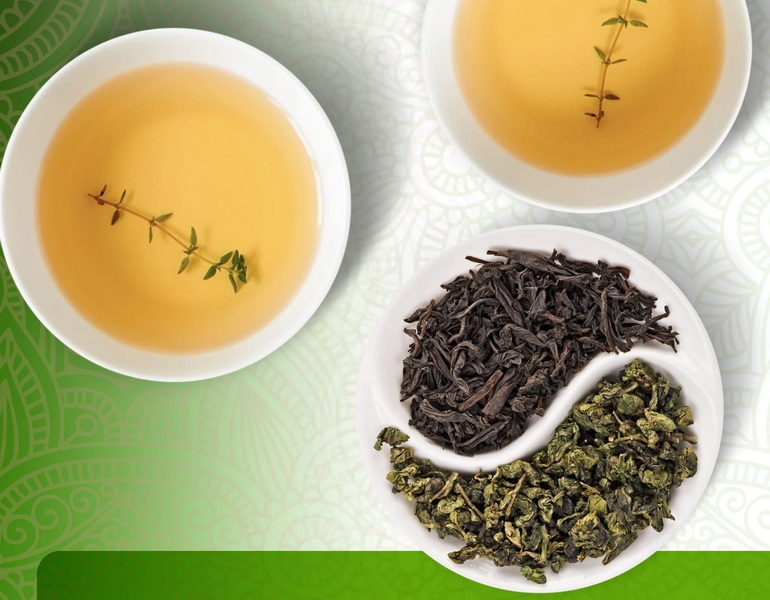Content Menu
● Understanding Green Tea and Its Components
>> Benefits of Green Tea Extract
● Safety Concerns During Pregnancy
>> 1. Caffeine Content
>> 2. Folic Acid Absorption
>> 3. Iron Absorption
● Recommended Consumption Guidelines
● Potential Risks of Green Tea Extract
● Lifestyle Considerations
>> Nutrition
>> Hydration
>> Physical Activity
>> Stress Management
● Conclusion
● FAQs
>> 1. Can I drink green tea while pregnant?
>> 2. What are the risks of consuming too much green tea during pregnancy?
>> 3. Is it safe to take green tea extract supplements during pregnancy?
>> 4. How does green tea affect folic acid absorption?
>> 5. What should I do if I have been drinking a lot of green tea during my pregnancy?
● Citations:
Green tea, known for its numerous health benefits, has gained popularity as a dietary supplement, particularly in the form of green tea extract. However, when it comes to pregnancy, many expectant mothers wonder about its safety. This article delves into the effects of green tea extract during pregnancy, examining its benefits, potential risks, and recommendations for consumption.

Understanding Green Tea and Its Components
Green tea is derived from the leaves of the Camellia sinensis plant. It is rich in antioxidants known as catechins, particularly epigallocatechin gallate (EGCG), which are believed to provide various health benefits. These include anti-inflammatory properties, improved metabolism, and potential protective effects against certain diseases.
Benefits of Green Tea Extract
- Antioxidant Properties: The catechins in green tea extract help combat oxidative stress, which can be beneficial for overall health. Antioxidants play a crucial role in protecting cells from damage caused by free radicals.
- Weight Management: Some studies suggest that green tea extract may aid in weight loss by enhancing metabolic rate and fat oxidation. This can be particularly appealing for those looking to manage their weight during pregnancy.
- Heart Health: Regular consumption of green tea has been linked to improved cardiovascular health due to its ability to lower LDL cholesterol levels. This is important for pregnant women, as maintaining heart health is crucial during this time.
- Improved Brain Function: The caffeine and amino acid L-theanine found in green tea can enhance brain function and improve mood. This can be beneficial for pregnant women who may experience mood swings or fatigue.
- Potential Cancer Prevention: Some research suggests that the antioxidants in green tea may help reduce the risk of certain cancers. While more research is needed, this potential benefit may be appealing to many.
Safety Concerns During Pregnancy
While green tea offers various health benefits, its consumption during pregnancy raises several concerns:
1. Caffeine Content
Green tea contains caffeine, which can cross the placenta and affect fetal development. High caffeine intake during pregnancy has been associated with:
- Increased risk of miscarriage
- Low birth weight
- Premature birth
Most health organizations recommend limiting caffeine intake to about 200-300 mg per day during pregnancy. A typical cup of green tea contains about 20-50 mg of caffeine. Therefore, it is essential to monitor total caffeine consumption from all sources, including coffee, chocolate, and soft drinks.
2. Folic Acid Absorption
Catechins in green tea may inhibit the absorption of folic acid, an essential nutrient for fetal development. Adequate folic acid intake is crucial for preventing neural tube defects and other developmental issues. Pregnant women are advised to monitor their green tea consumption, especially during the first trimester when folic acid is vital.
3. Iron Absorption
Green tea can also affect iron absorption due to its tannin content. Tannins are compounds that can bind to iron and reduce its bioavailability. Pregnant women need sufficient iron intake to support increased blood volume and fetal development. Therefore, it is advisable to consume green tea between meals rather than with meals to minimize this effect.

Recommended Consumption Guidelines
For pregnant women considering green tea extract, moderation is key. Here are some guidelines:
- Limit Intake: Consuming up to 6 cups of brewed green tea per day (approximately 300 mg of caffeine) is generally considered safe.
- Avoid Excessive Extracts: High doses of green tea extract supplements should be avoided unless supervised by a healthcare provider.
- Consult Healthcare Providers: It's essential for pregnant women to discuss any supplement use with their healthcare provider to ensure safety.
Potential Risks of Green Tea Extract
Research indicates that excessive consumption of green tea extract may lead to adverse effects during pregnancy:
- Liver Toxicity: High doses have been linked to liver damage in some cases. Pregnant women should be cautious about taking concentrated forms of green tea extract.
- Nutrient Interactions: Green tea extract may interfere with the absorption of certain nutrients and medications. It's crucial for pregnant women to consider their overall diet and any supplements they are taking.
Lifestyle Considerations
In addition to monitoring green tea intake, pregnant women should consider other lifestyle factors that contribute to overall health:
Nutrition
A well-balanced diet rich in fruits, vegetables, whole grains, lean proteins, and healthy fats is essential during pregnancy. This ensures that both mother and baby receive adequate nutrients for growth and development.
Hydration
Staying hydrated is crucial during pregnancy. While herbal teas can be a good alternative for hydration, it's important to choose caffeine-free options if you're concerned about caffeine intake from green tea.
Physical Activity
Regular physical activity can help manage weight gain during pregnancy and improve overall well-being. However, it's important to consult with a healthcare provider before starting any new exercise regimen.
Stress Management
Pregnancy can be a stressful time; therefore, finding effective stress management techniques such as yoga or meditation can be beneficial for mental health.
Conclusion
In summary, while green tea extract can offer health benefits, pregnant women should approach its consumption with caution. Moderate intake is generally safe; however, high doses or excessive consumption can pose risks to both mother and baby. Always consult with a healthcare provider before adding any new supplements to your diet during pregnancy.

FAQs
1. Can I drink green tea while pregnant?
Yes, but it is recommended to limit your intake to about 6 cups per day due to caffeine content and potential effects on folic acid absorption.
2. What are the risks of consuming too much green tea during pregnancy?
Excessive consumption can lead to increased risk of miscarriage, low birth weight, liver toxicity, and potential nutrient interactions.
3. Is it safe to take green tea extract supplements during pregnancy?
It is best to avoid high-dose supplements unless recommended by a healthcare provider.
4. How does green tea affect folic acid absorption?
Catechins in green tea may inhibit the absorption of folic acid, which is crucial for fetal development.
5. What should I do if I have been drinking a lot of green tea during my pregnancy?
Consult your healthcare provider for personalized advice on reducing intake and ensuring adequate folic acid levels.
Citations:
[1] https://mothertobaby.org/baby-blog/should-pregnant-women-get-the-green-light-to-drink-green-tea/
[2] https://pmc.ncbi.nlm.nih.gov/articles/PMC5790015/
[3] https://www.alamy.com/stock-photo/green-tea-extract.html
[4] https://www.youtube.com/watch?v=6-2FJMtvcNA
[5] https://www.nccih.nih.gov/health/green-tea
[6] https://pmc.ncbi.nlm.nih.gov/articles/PMC8324952/
[7] https://www.nature.com/articles/s41598-019-40328-9
[8] https://www.freepik.com/free-photos-vectors/green-tea-extract
[9] https://www.youtube.com/watch?v=iBCsQ7kLbxc
[10] https://www.webmd.com/vitamins/ai/ingredientmono-960/green-tea






























